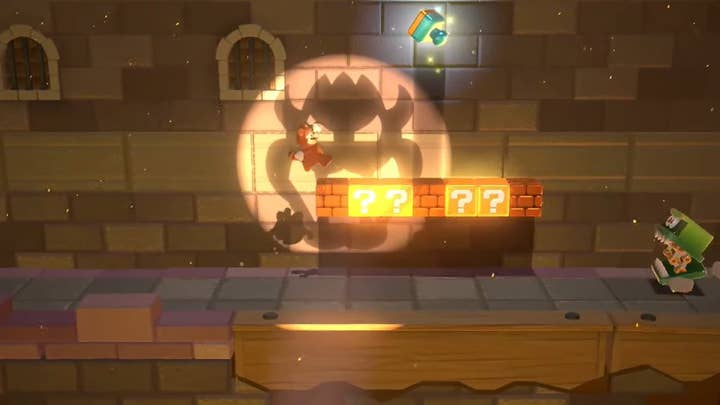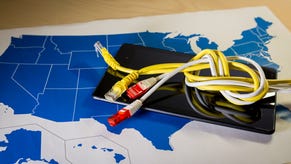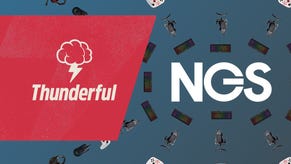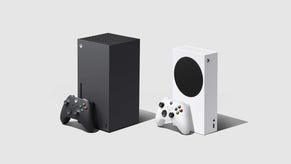Nintendo's Yuzu lawsuit puts emulation in the spotlight | Opinion
Few companies have been impacted by piracy as badly as Nintendo, so its litigiousness is understandable – but there are no good possible outcomes from this new legal action
Sign up for the GI Daily here to get the biggest news straight to your inbox
The name Nintendo conjures up many different associations for different people. Most of those are probably centred around nostalgia and fun, which is exactly what the company would want you to associate its name with; but in recent years, the association with the word "litigious" has become increasingly strong.
Much like the golden-era Disney whose strategies Nintendo so often seems to study, Nintendo is a corporation fronted by cute, colourful characters, but backed up by an army of expensive lawyers who swing a heavy legal hammer at any sign of threat to the company's products, IPs, and brands. This aggressive legal approach can be extremely heavy-handed, especially when its sights are turned on harmless fan projects; those instances tend to be widely reported and certainly change people's perceptions of the company somewhat. The mental image of Princess Peach turning up to your house late at night wearing a balaclava and menacing you with a sock full of coins is hard to shake.
I have a hunch, though, that Nintendo doesn't mind at all having an image as a litigious company with a heavy-handed legal team. If anything, it probably benefits them when there's a wave of stories about their lawyers shutting down a fan project or pushing for immensely heavy penalties in a legal case – it's unlikely to have much impact on sales of the company's games, and it might dissuade others from deciding to tussle with Nintendo in the first place. In the company's decades-long fight with piracy (and emulation generally, which it clearly sees as being essentially the same as piracy), having a reputation for carrying a big stick can't hurt.
Yet for all that everyone knows Nintendo's lawyers are essentially the final boss of the entire games business, there are still plenty of people willing to tussle – whether it's because of the significant potential profits from piracy of Nintendo's games, or (as is more common with emulator developers) simply on principle.
Enabling people to buy something like an ASUS ROG Ally and get Nintendo's games for free, and in higher fidelity than on Switch, has understandably put the company into panic mode
Lots of people think it's important to have good-quality emulators for game consoles, with no profit motive in mind – contributors to open-source emulation projects are motivated instead by preservation of the medium or simply by the technical challenge. This is a good thing, especially given the industry's miserable lack of regard for preserving its own history, but it would be naïve to claim that hacking consoles and building emulators is entirely about digital preservation and the common good. Piracy is a key motive and outcome as well – and if Nintendo is particularly litigious, it's because Nintendo has been impacted by this aspect more than any other company in recent years.
It's not that PlayStation or Xbox have never been the focus of piracy efforts – butsuch issues arguably peaked with the PS1 / PS2 era and, with occasional exceptions (such as the Bleem emulator for the PS1, or the OtherOS hacks for PS3), these consoles have required some internal surgery to install mod chips that would allow them to play pirated games.
Mod chips were also required to bypass region locking, which is thankfully no longer a concern. Installing such chips was beyond the technical skill level of most ordinary users, and while Sonydid occasionally pursue legal avenues to deal with professional mod chippers, their greatest weapon against piracy in this era was simply the fact that allowing some dodgy bloke to open up your expensive console and poke around with a soldering iron was a fairly major hurdle for the vast majority of ordinary consumers. Having a mod chipped console was more or less the preserve of nerds (especially ones like me who wanted to be able to import and play Japanese games despite not speaking a word of the language at the time – no, I'm not sure what was wrong with me).
It's unlikely that Sony loses too much sleep over people emulating PS2 games on their PCs in 2024
Nintendo's problems with piracy were far more widespread and more damaging.In part this is down to the design of its hardware; it has been the only company to continue to release cartridge-based systems, which exposed it to the threat of devices like the infamous R4 cartridges for the DS handheld. These allowed users to download pirate ROMs onto an SD card, stick it into the R4 cartridge, and then plug that into their console and select the game they wanted from a custom menu. No mess, no soldering, no warranties voided – justa relatively cheap cartridge bought online or from a less than scrupulous retailer.
Indeed, the R4 actually offered a superior experience to pirates than the one that legitimate consumers received, since it allowed you to store tons of games on one card and choose between them – this kind of situation, where piracy creates a better experience, is an extremely dangerous one for any industry, with perhaps the prime example being the era when music and movies were being distributed more quickly and conveniently, and at higher quality, over pirate systems than they were by any legitimate digital storefront. (Piracy of that era wasn't defeated by shutting down Napster or sending threatening letters to BitTorrent users; it was defeated by Netflix and iTunes leapfrogging the convenience and quality of the pirate media experience.)
The threat posed by R4-style devices was consequently an order of magnitude higher than the threat of mod chips for disc-based systems. Even if you generally think that the industry has a long-running habit of overstating the threat and impact of piracy (and has too often erred on the side of inconveniencing genuine consumers in the name of foiling the imaginary pirates and brigands in their heads – which also leads to a daft situation where people who paid for a game get an inferior experience to people who downloaded it illegally), you can absolutely see why Nintendo had to use every legal means at its disposal to go after the R4 and other devices of its ilk.
It didn't succeed entirely, with the whole process being pretty much legal whack-a-mole, but it did make the cards harder to purchase at least, and it set the precedent for how Nintendo would approach such issues legally in future.

Which brings us to Nintendo's other bugbear, and the topic of its new lawsuit in the USA: emulators.
There are, of course, emulators for Sony's consoles – the aforementioned Bleem was the topic of a lawsuit about twenty years ago, and these days both PS1 and PS2 are pretty damn perfectly emulated by open source projects. Those are old devices, though; Sony's concern about emulation more or less ends with a console superseded in 2006. PS3 emulation is coming along, with a bit over half of its games working to some extent on an open source emulator, but it's still more a technical curiosity than anything else – andthat's a console that was superseded more than a decade ago.
Nintendo is fronted by cute characters, but backed up by an army of expensive lawyers who swing a heavy legal hammer at any sign of threat
Sony would prefer, of course, that you subscribe to a more expensive PS Plus tier to play old games from its back catalogue, but it's unlikely that it loses too much sleep over people emulating PS2 games on their PCs in 2024.
That's very different from the situation Nintendo faces. In part because of the company's tendency to build its systems using older hardware, it's in a position where its current, active console is extremely well-emulated on PC hardware. That's not to say that Nintendo won't go after emulators for older hardware – it prevented the Dolphin emulator for the Wii and GameCube from launching on Steam last year – but having the Switch emulated is a vastly more damaging and worrying prospect for the company.
Echoing its issues with R4 in the past, the emulator also arguably provides a better experience than the real console does; the ageing hardware in the Switch means that people with more powerful systems can actually play Nintendo's most recent games at higher settings than the company's official device can manage. While not quite on the level of R4 cartridges, which threatened to subvert Nintendo's own customers into easy-access piracy, this is still a clear threat to Nintendo's business.
Everyone knows the Switch is a low-powered device by modern standards, but it still sells strongly off the back of Nintendo's exclusive titles. Creating the means for people to instead buy something like an ASUS ROG Ally handheld and not only get Nintendo's games for free, but play them in higher fidelity than the Switch can, has understandably put the company into panic mode.
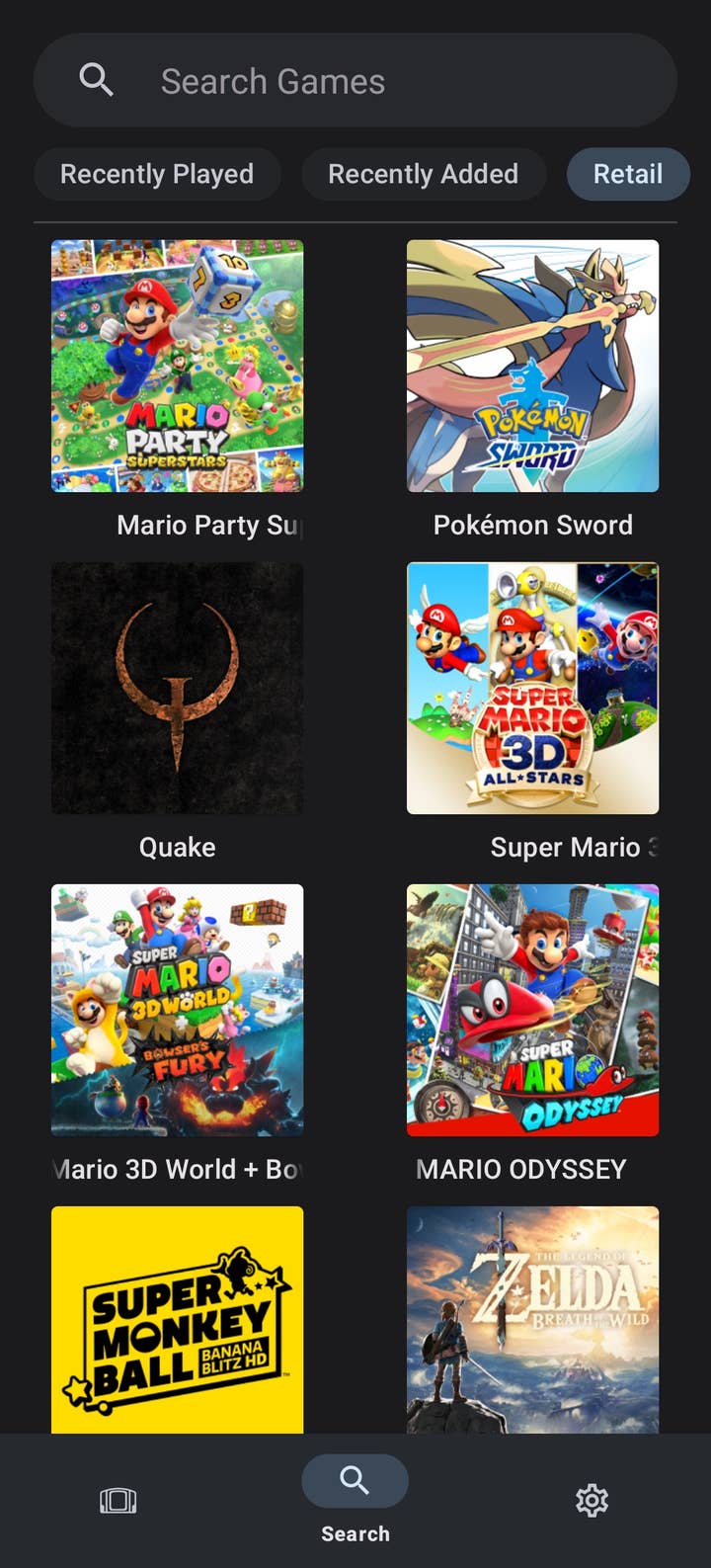
I can't comment as to the actual legality of this – that's for the courts to decide, of course, but I would note that generally speaking emulation has been held to be legitimate in the past, or at least to exist in an untested grey area with regards to the copy-protection circumvention provisions of the DMCA. That, in fact, speaks to the panic that the Yuzu emulator seems to have caused for the company – its previous attempts to shut down emulation projects have tended to skirt around actually making the claim that emulators are illegal, not least because there's a strong possibility that the courts might answer such questions in a way Nintendo doesn't like.
This would set a precedent that would make it harder for Nintendo to make legal threats on this issue in future – so by going after Yuzu very directly in this way, the company is taking quite a significant risk. It wouldn't be doing that if it didn't feel seriously threatened by this situation – which is understandable when you consider incidents like Yuzu users being able to play a leaked version of Tears of the Kingdom before legitimate console users could even buy it.
There's another aspect to this which is a little less obvious, I think, and that's Nintendo's own software design – which makes it almost uniquely vulnerable to piracy. If someone came up with a perfect piracy solution for the PS5 tomorrow, it would of course be incredibly damaging – but there are a bunch of games on that platform which would be unaffected, because their business model is live service, MMO, or generally online, and the customer's purchases live on servers controlled by the developers. There's an argument that part of the reason for the early proliferation of those business models was to bypass the risk of piracy on PC; single-player games are inherently vulnerable to that in a way that live service titles aren't.
If Nintendo wins this lawsuit, it will have a chilling effect on emulation projects; If it loses, the company may change its hardware and software in ways that are even more damaging to game preservation
Nintendo has largely avoided that model, however; its games are still designed largely around the idea of the monolithic single-player experience that you buy in a box and keep forever, with live service aspects and microstransactions being far less common on its platform. That's part of why Nintendo's consumers love it, and nobody wants to see that change; it's also, unfortunately, part of why its games are an easy target for pirates.
Ultimately, it's hard to know what outcome to root for from this situation. Emulation is important and should be protected; without it, we would lose access to so much of the medium's history and heritage. However, emulating a current, commercially available platform is very much waving a red flag at a bull, and it's unsurprising to see Nintendo come out swinging against this; I doubt, however, that current laws allow for much nuance in terms of the difference between emulating a defunct platform to allow people to continue to access its software, and emulating a current platform in a way that enables widespread piracy of new games.
I fear that if Nintendo wins this lawsuit, it will have a chilling effect on all emulation projects; I also fear that if it loses, it may change its hardware and software designs in order to combat piracy in other ways, such as introducing live service elements, which will ultimately be even more damaging to the goal of game preservation and archival.
I'm not sure any of the possible outcomes are good; I can only hope I'm wrong.
Sign up for the GI Daily here to get the biggest news straight to your inbox
